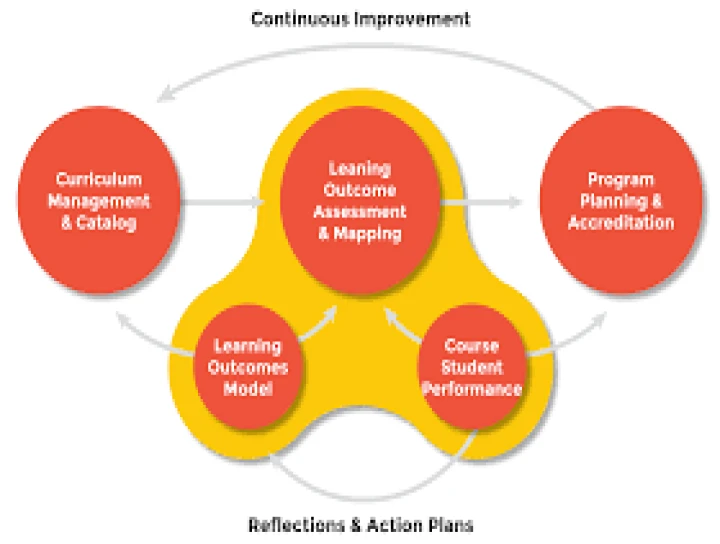
Learning Outcomes: Learning outcomes are specific statements that describe what students should know, understand, or be able to do after completing a course or program. They are measurable and provide a clear indication of the knowledge or skills acquired.
Generic Outcomes: Generic outcomes refer to broad skills or qualities that are transferable across various disciplines or fields. These may include critical thinking, communication skills, problem-solving, and ethical reasoning. Mapping these generic outcomes helps educators ensure that these skills are integrated into the curriculum.
Curricular Outcomes: Curricular outcomes relate to the objectives and goals set by an educational institution for its programs or courses. These outcomes align with the overall mission and vision of the institution and guide the design and delivery of the curriculum.
Mapping Process: Mapping involves aligning learning outcomes with generic and curricular outcomes to ensure a cohesive and comprehensive educational experience. This process helps educators identify areas where certain skills or knowledge are emphasized and ensures a balanced and integrated curriculum.
Assessment and Continuous Improvement: Mapping learning, generic, and curricular outcomes allows for effective assessment of student progress and program effectiveness. It also facilitates continuous improvement by providing insights into areas that may need adjustment to better meet the intended outcomes.


No Any Replies to “Learning outcomes, Generic outcomes and Curricular Mapping”
Leave a Reply